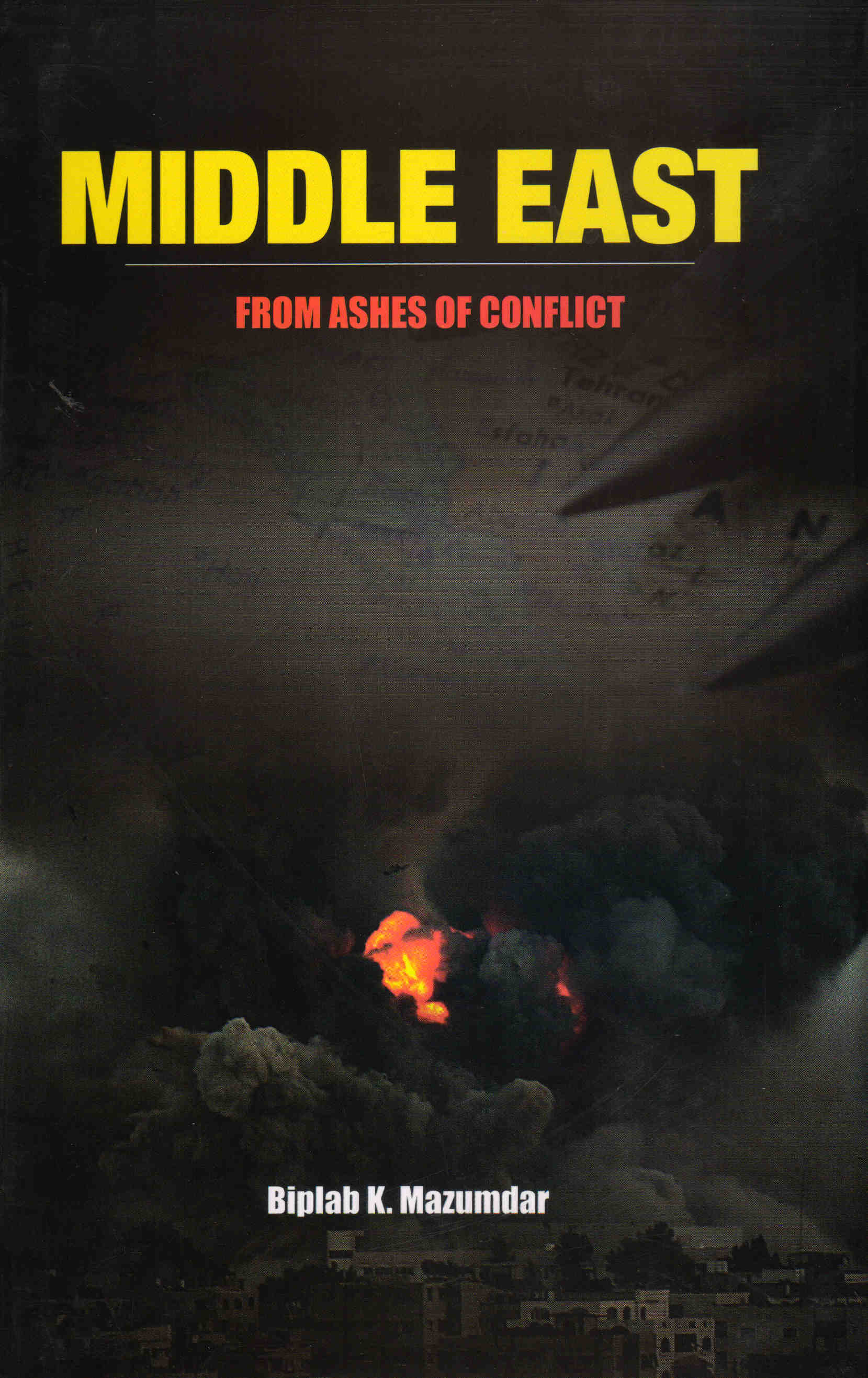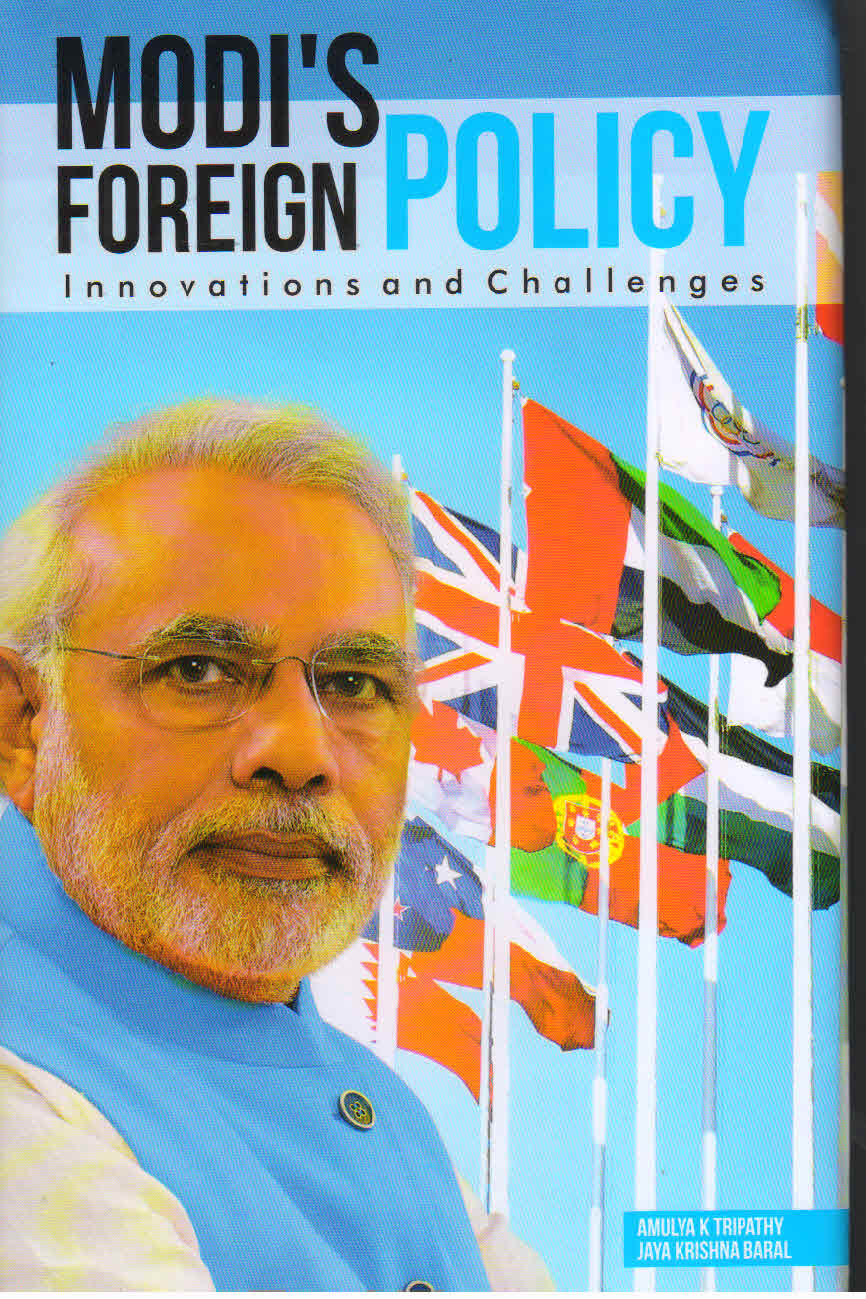This book is basically a story re-told on the basis of archival research. In its long history of serving as a major world power, the United States had only one major colonial possession in the Asia-Pacific. Soon after achieving victory in World War II, the US granted independence to the Philippines, while the European powers were striving hard to retain their colonial possessions. Why did the new global superpower end its colonial rule, while the weaker European imperial powers were tempted to keep them? It was actually a master political stroke by the Truman Administration. While giving political independence to the Filipinos, it deftly erected a structure of unequal relationship with the Philippines to turn the country in to a powerful military bastion to serve American interests. One of the consequences of this policy was reflected in Washington's need to maneuver and engineer the election process in that country to keep in place a pro-American head of state. Filipino presidents in early 1950s were made in America, while elections took place in the Philippines.
US--Philippines Strategic Relations
Author:
Chintamani Mahapatra
Rs. 425
Additional information
| ISBN | 8184050387 |
|---|---|
| Year of Publication | 2007 |
| Binding | HardBound |
| Pages | |
| Edition | |
| Language | English |
Preface
1. An Ex-colony became a Colonial Power: A Flashback
2. Suppression of Rebels: US Alliance with the Filipino Upper Crust
3. Eventual Goal of Self-government : Final Acceptance of Filipino Freedom " Under Benevolment American Guidane
4. Colony Into Client: FDR's Dream Fulfilled
5. Making of the Presidents
6. Implications of one Kind of Relationship
Bibliography




